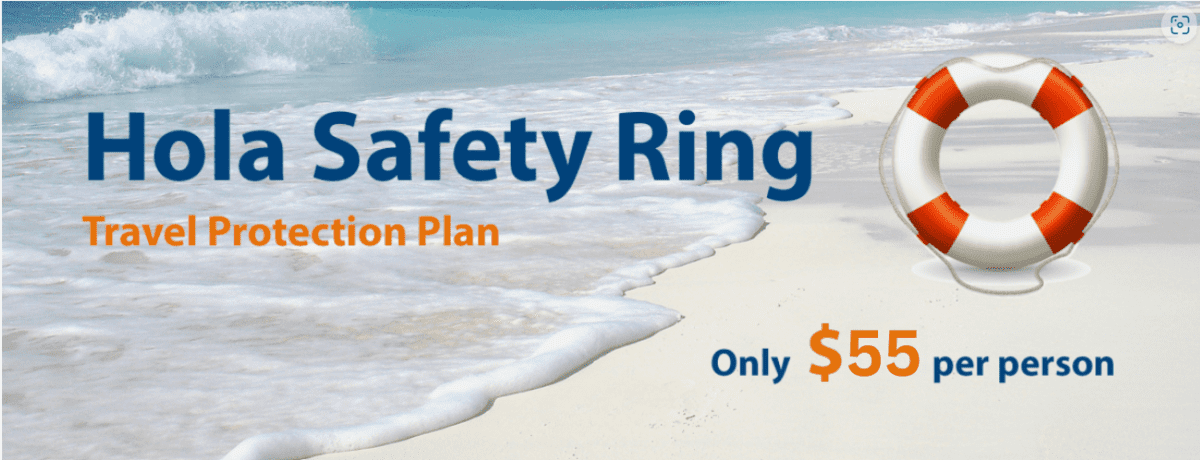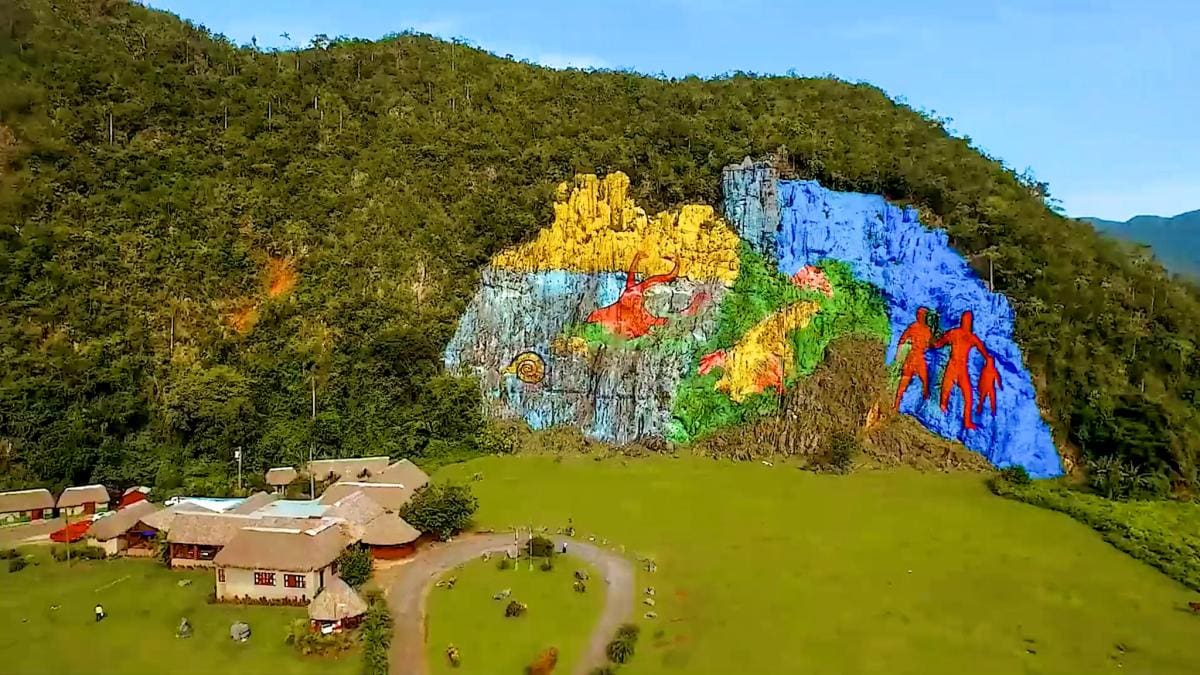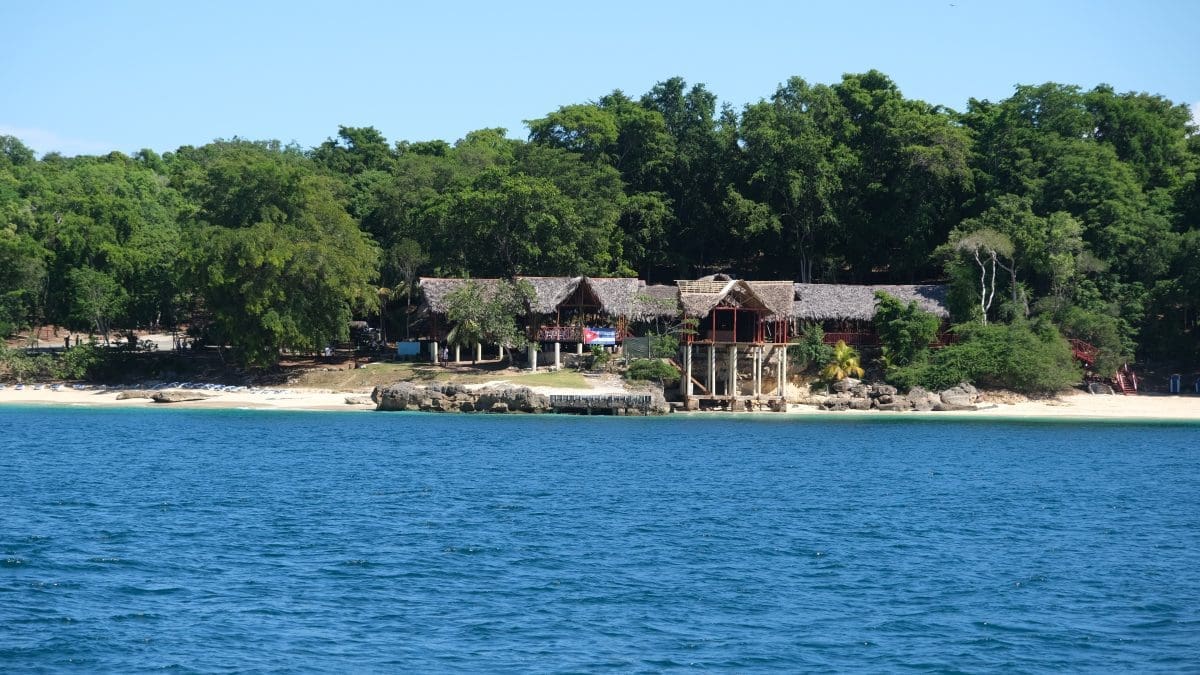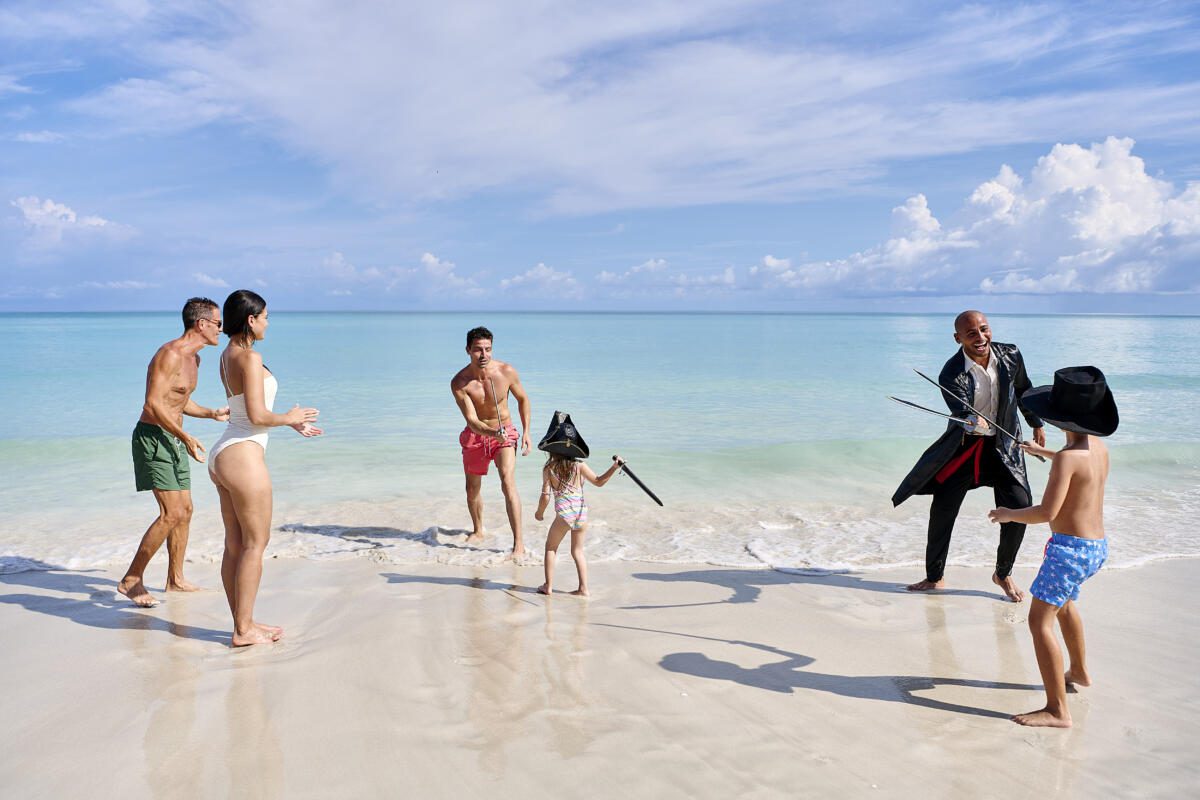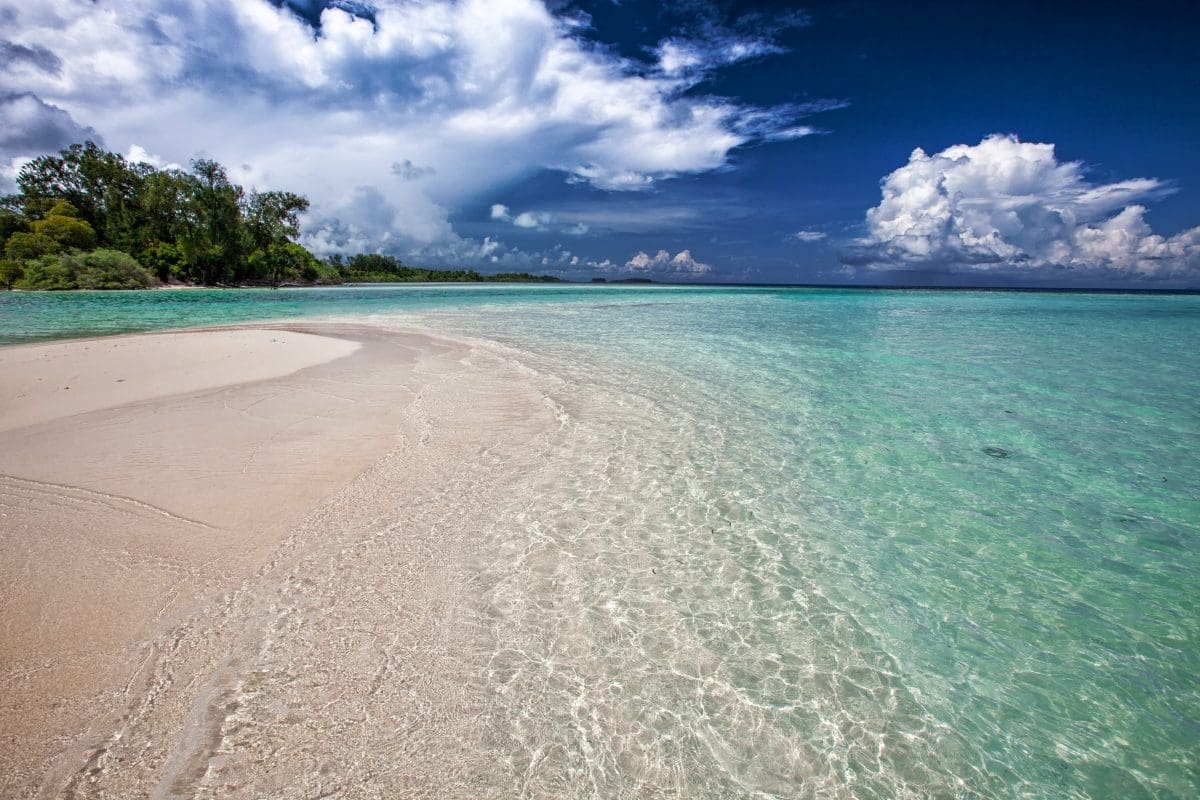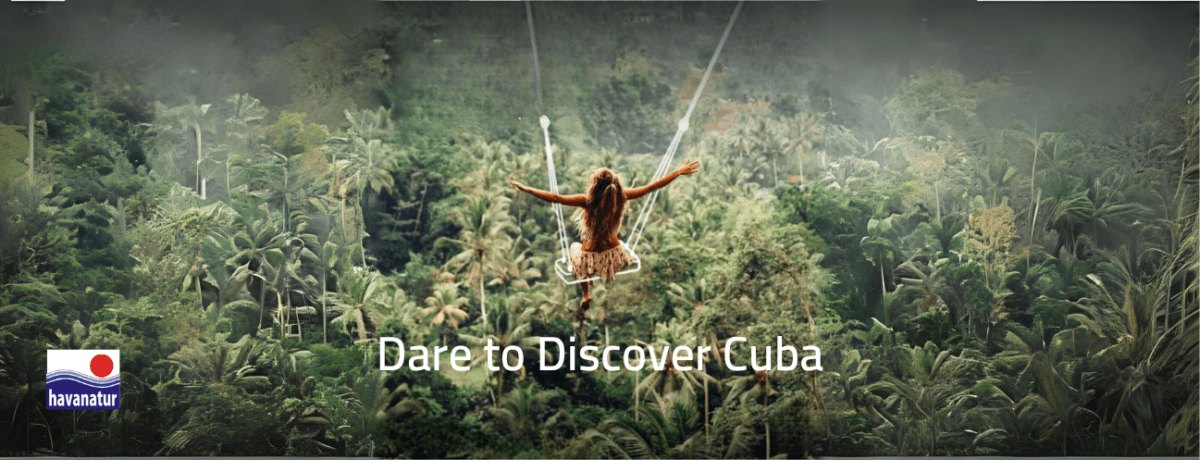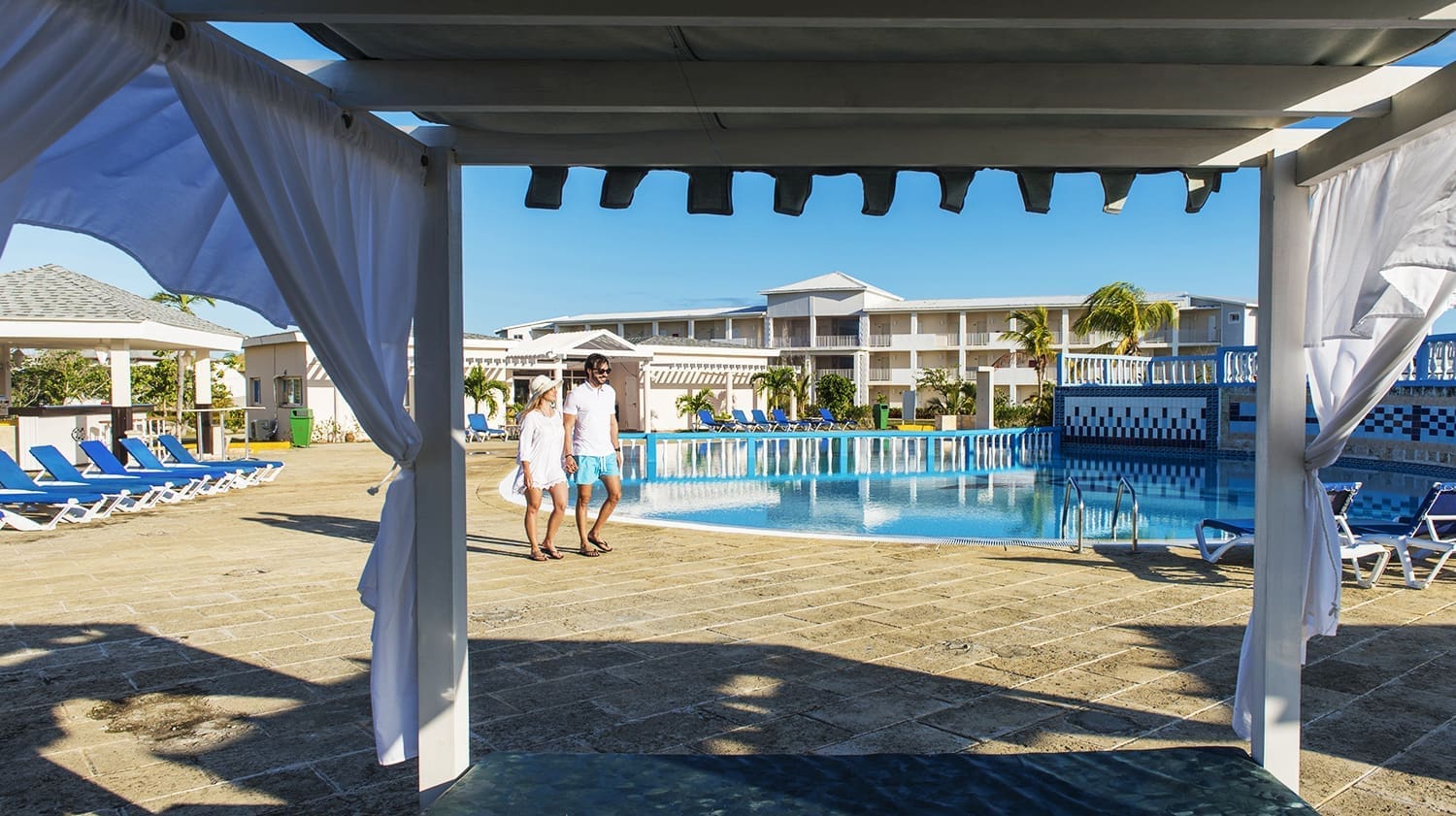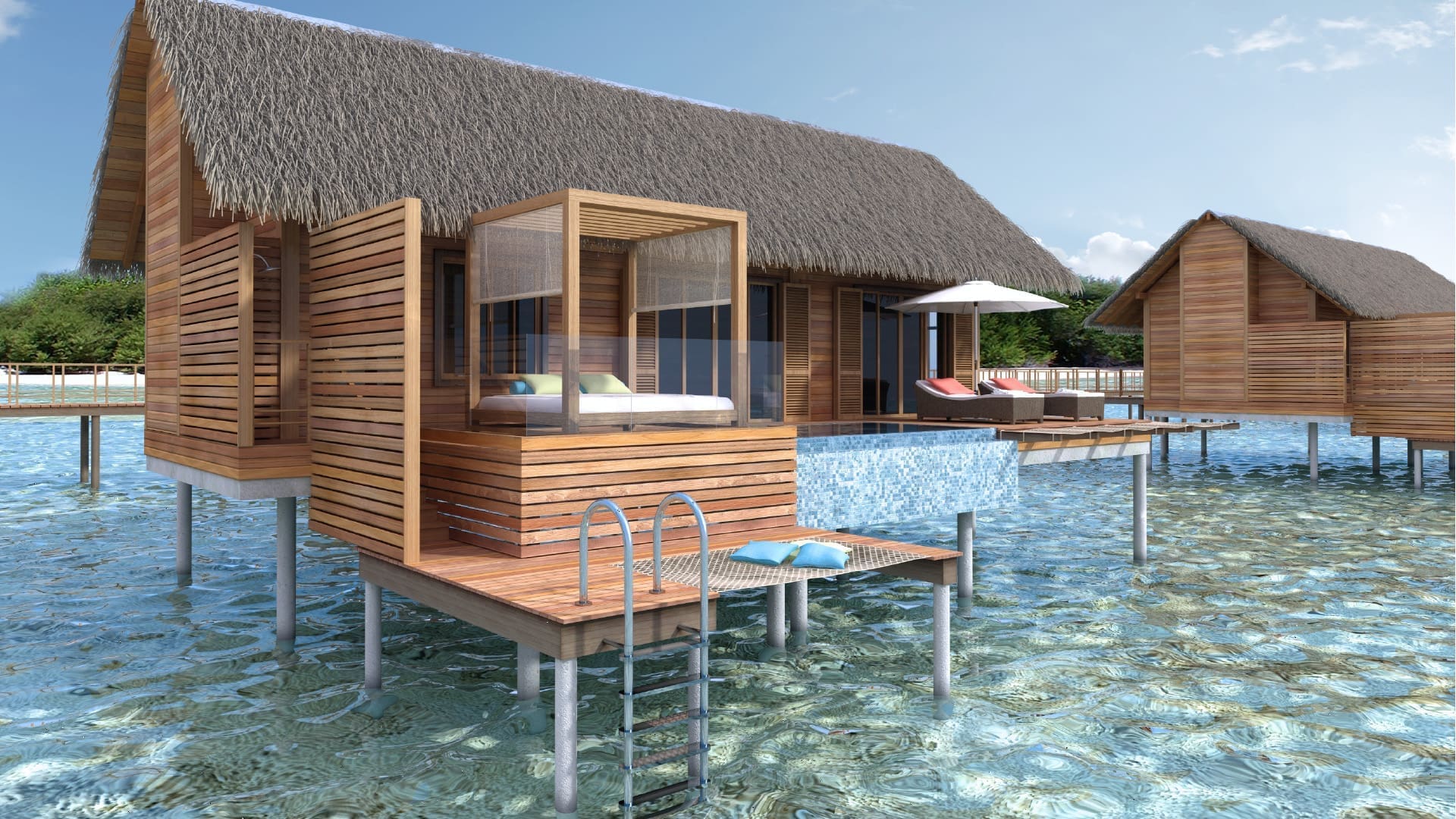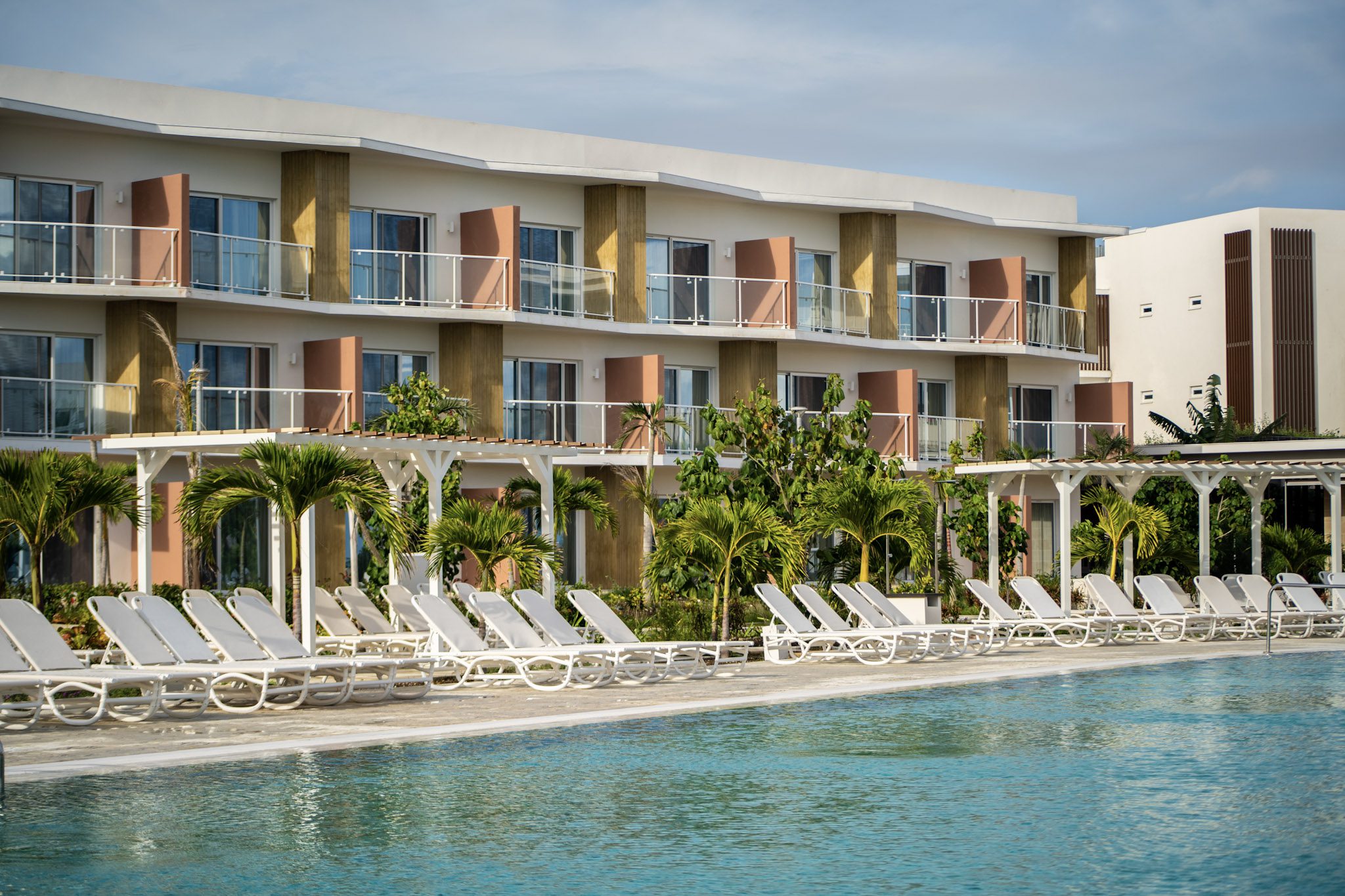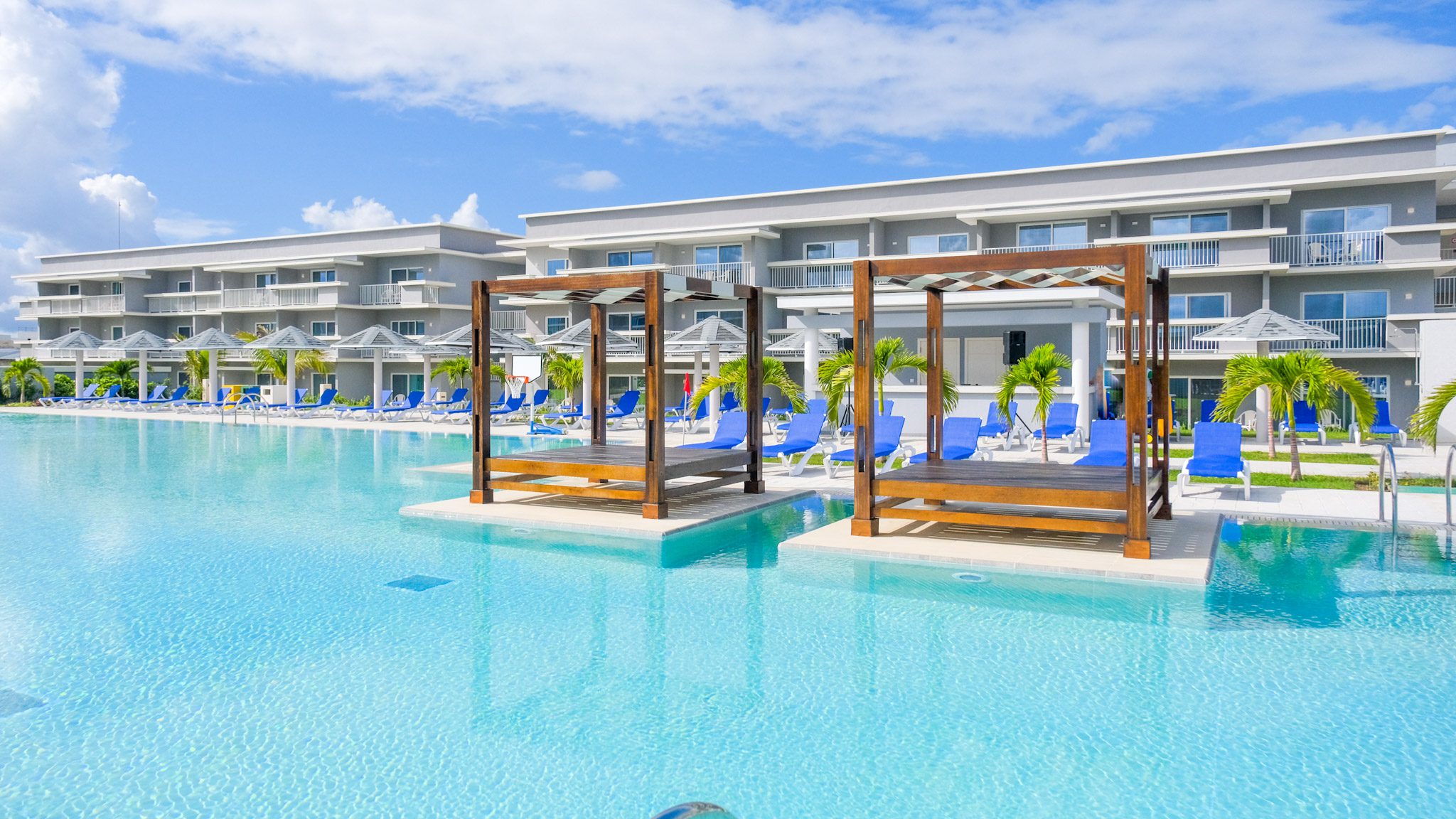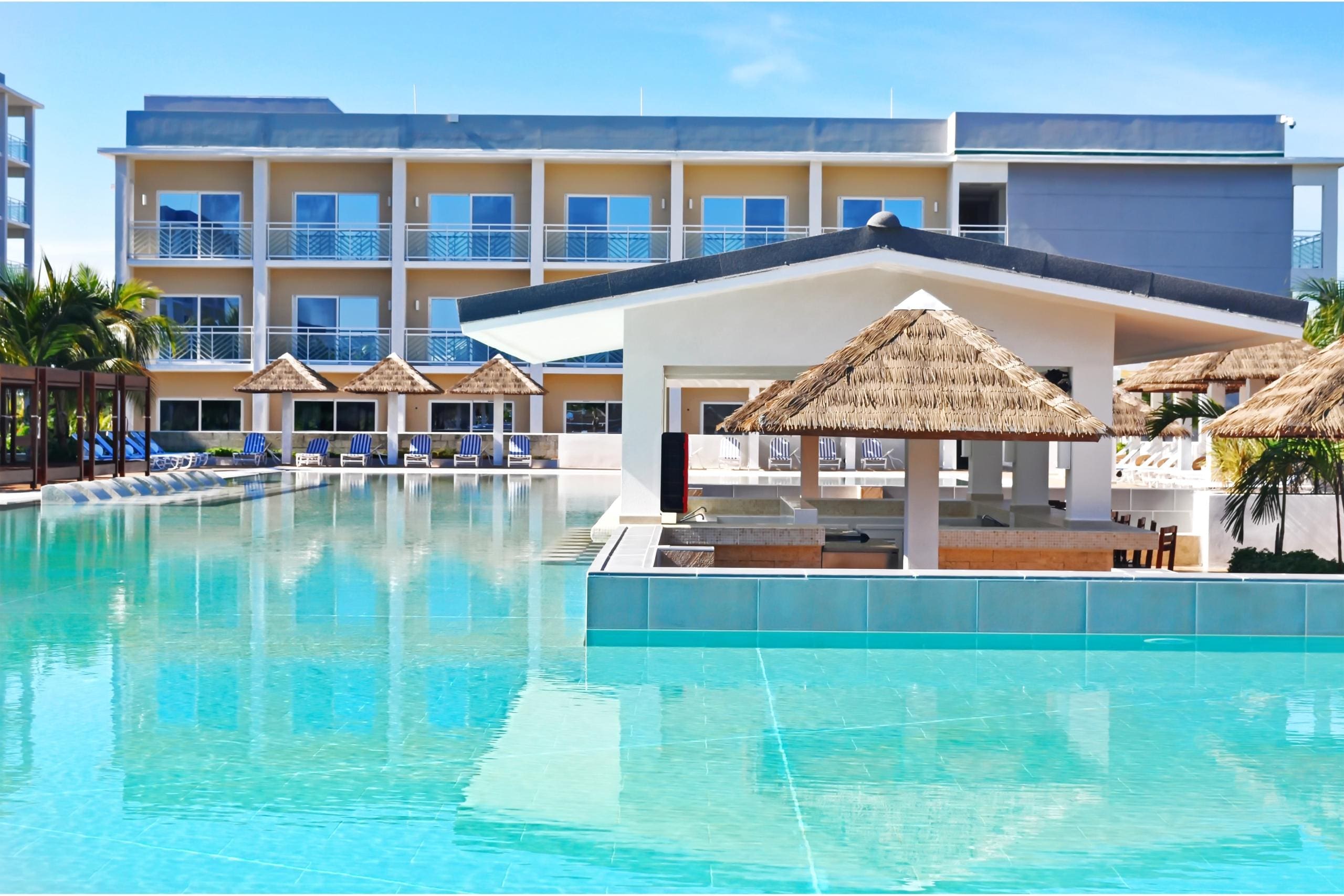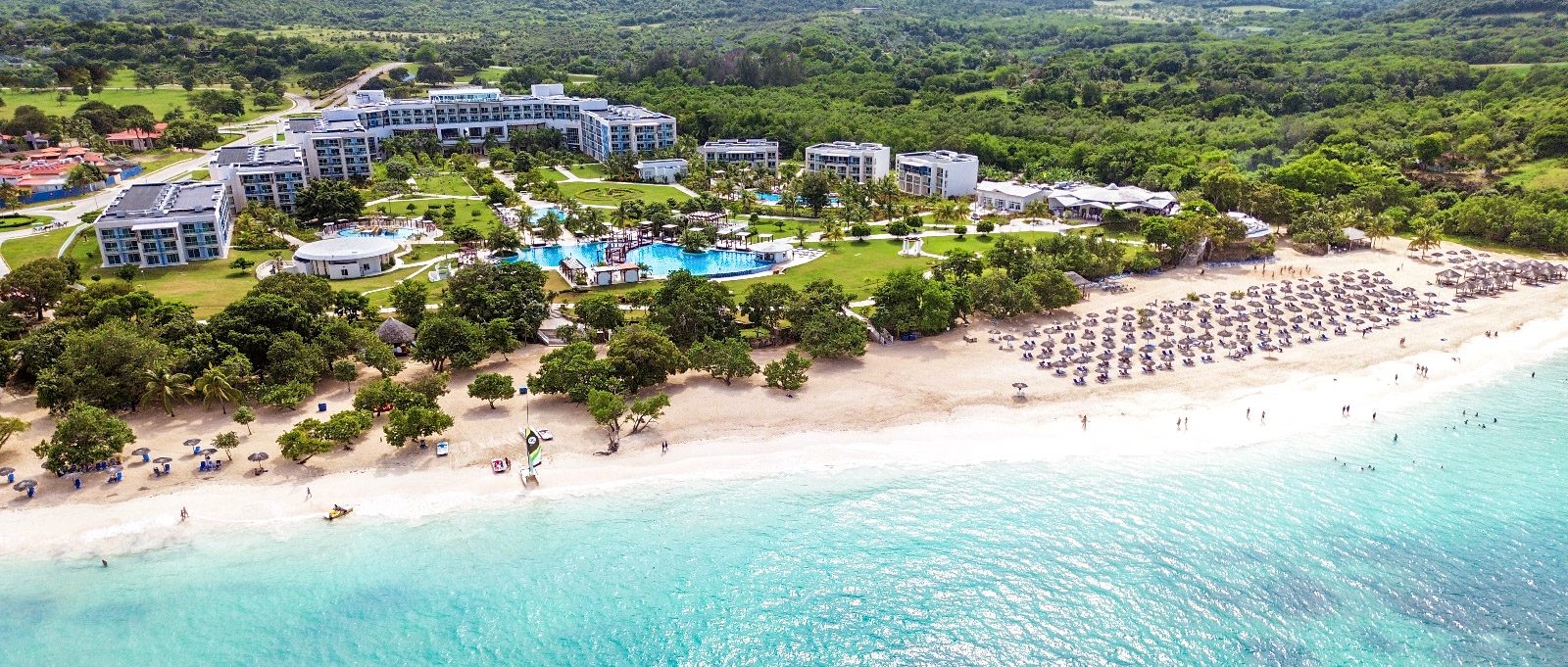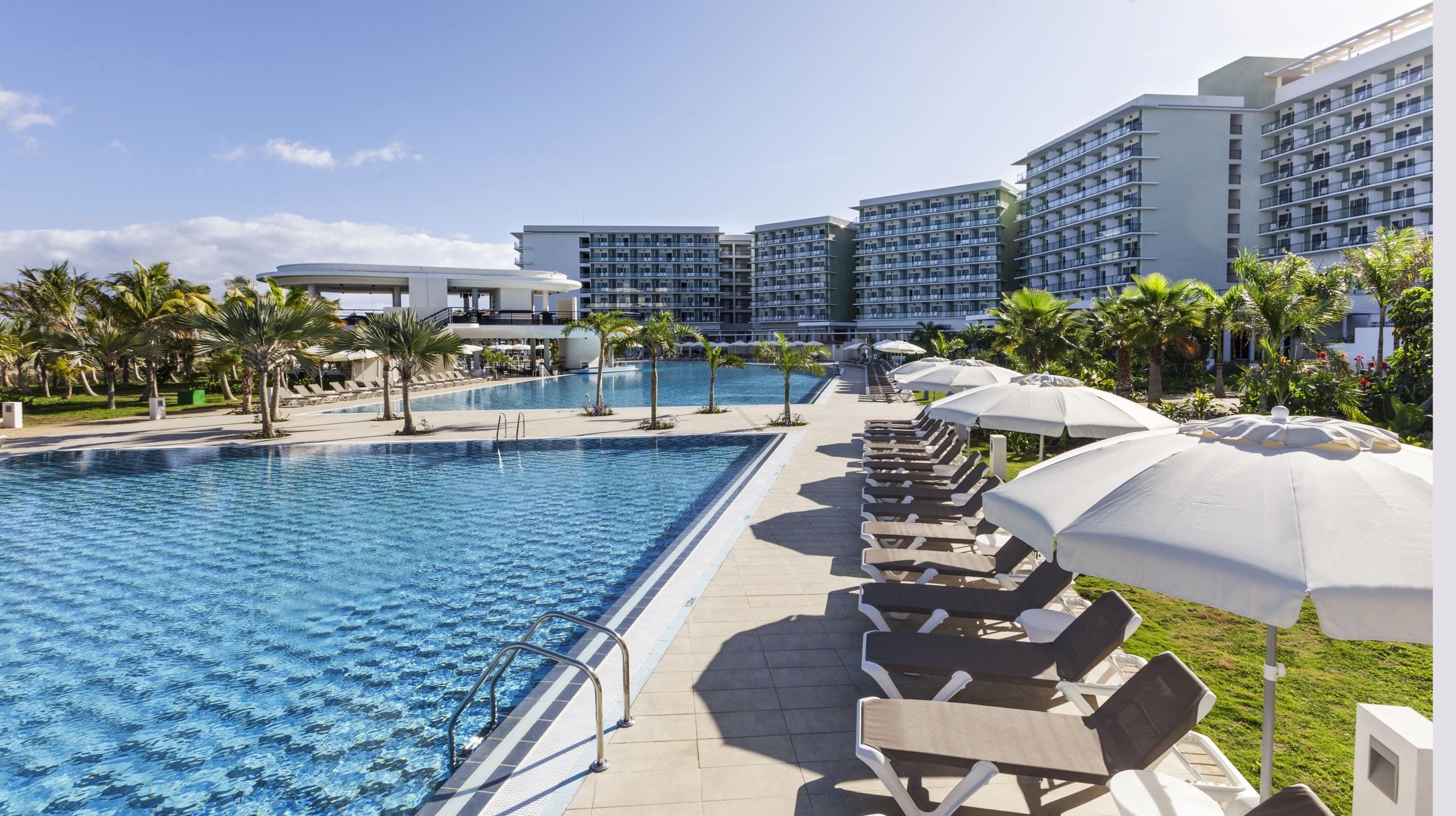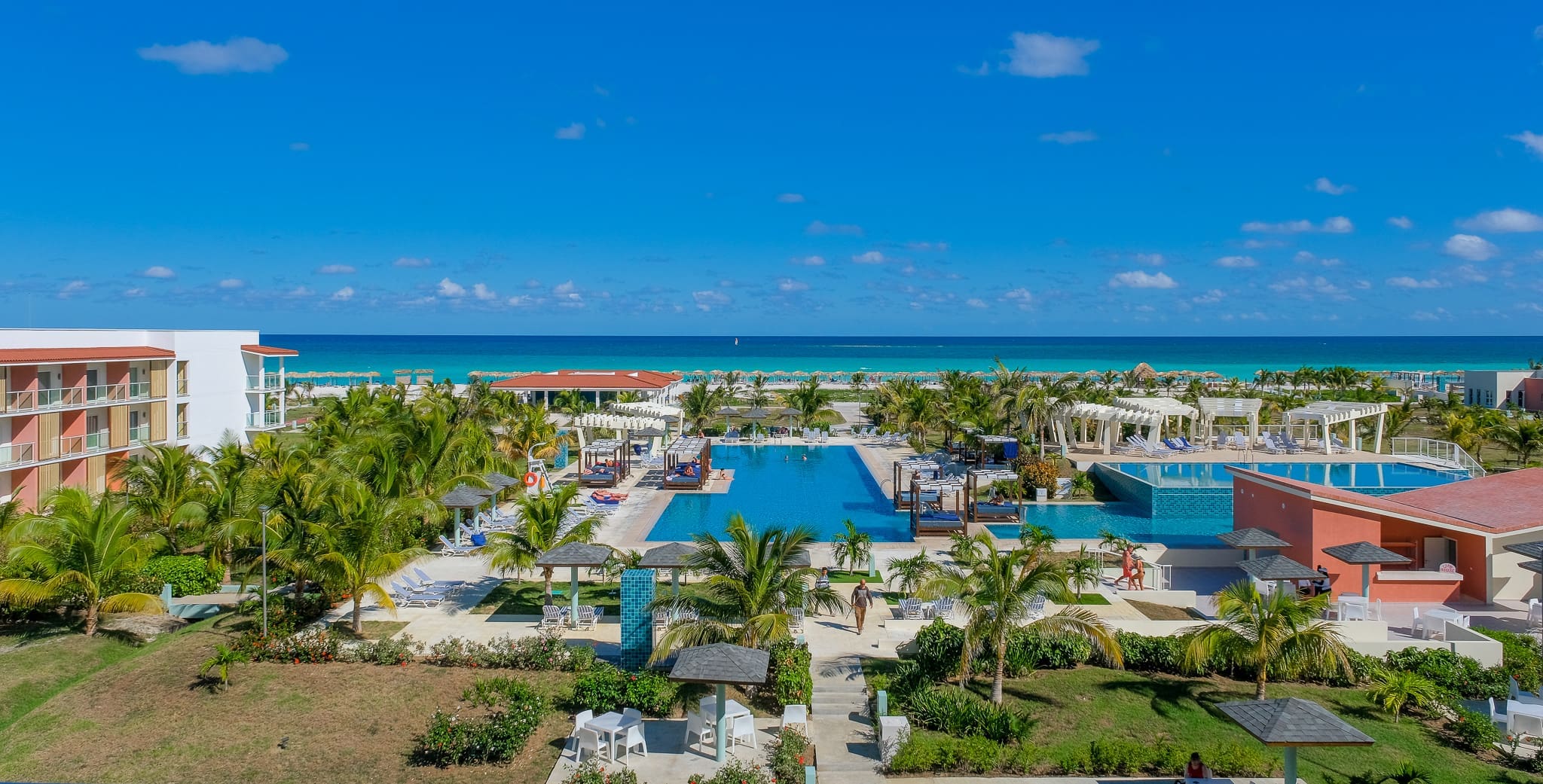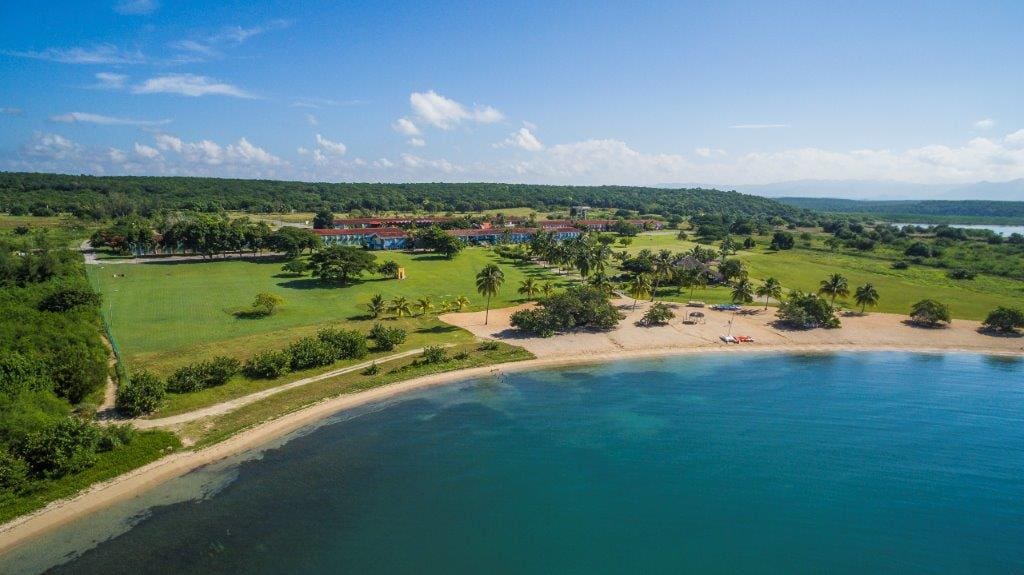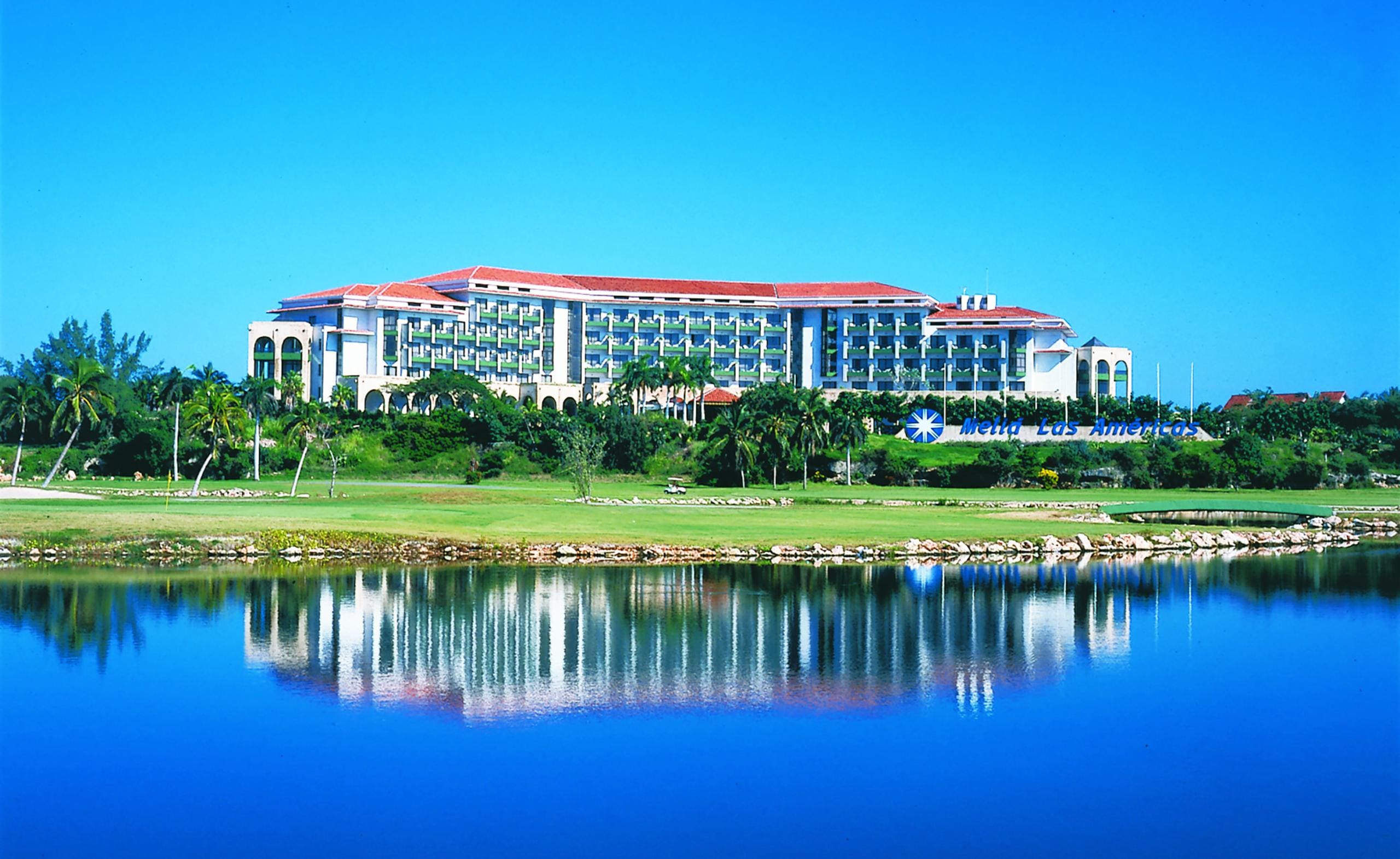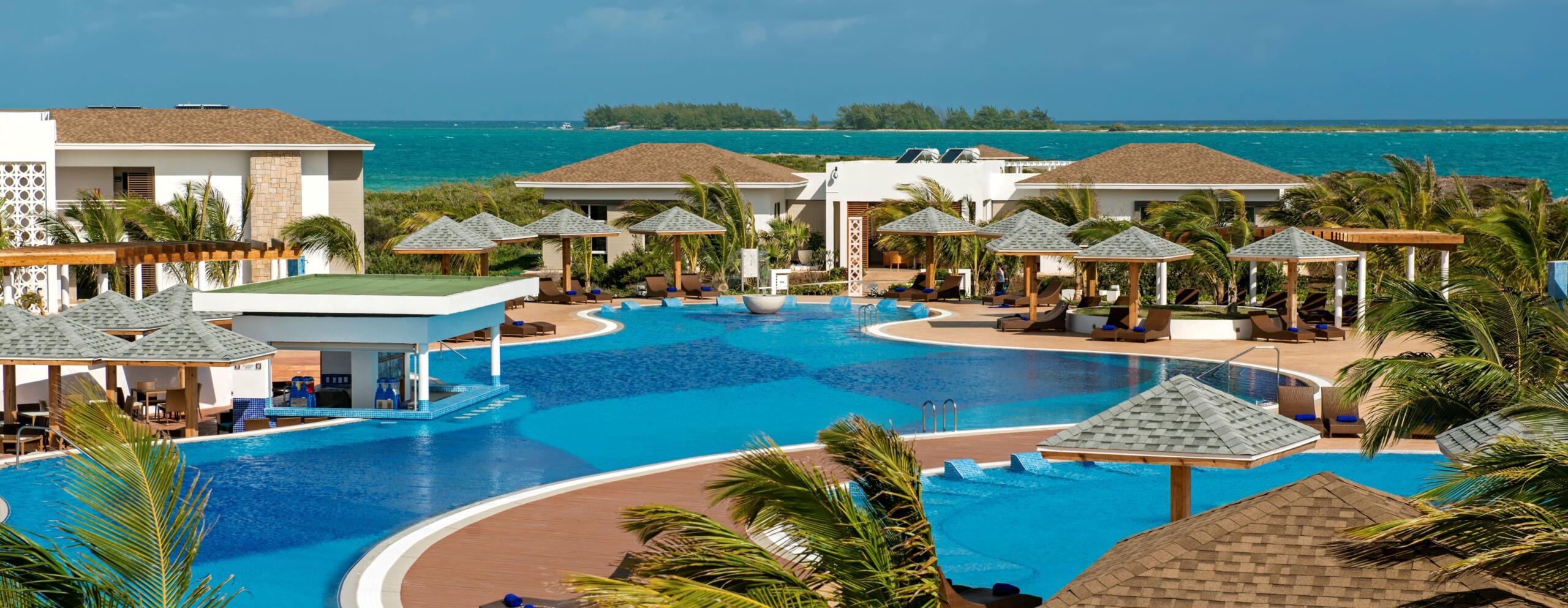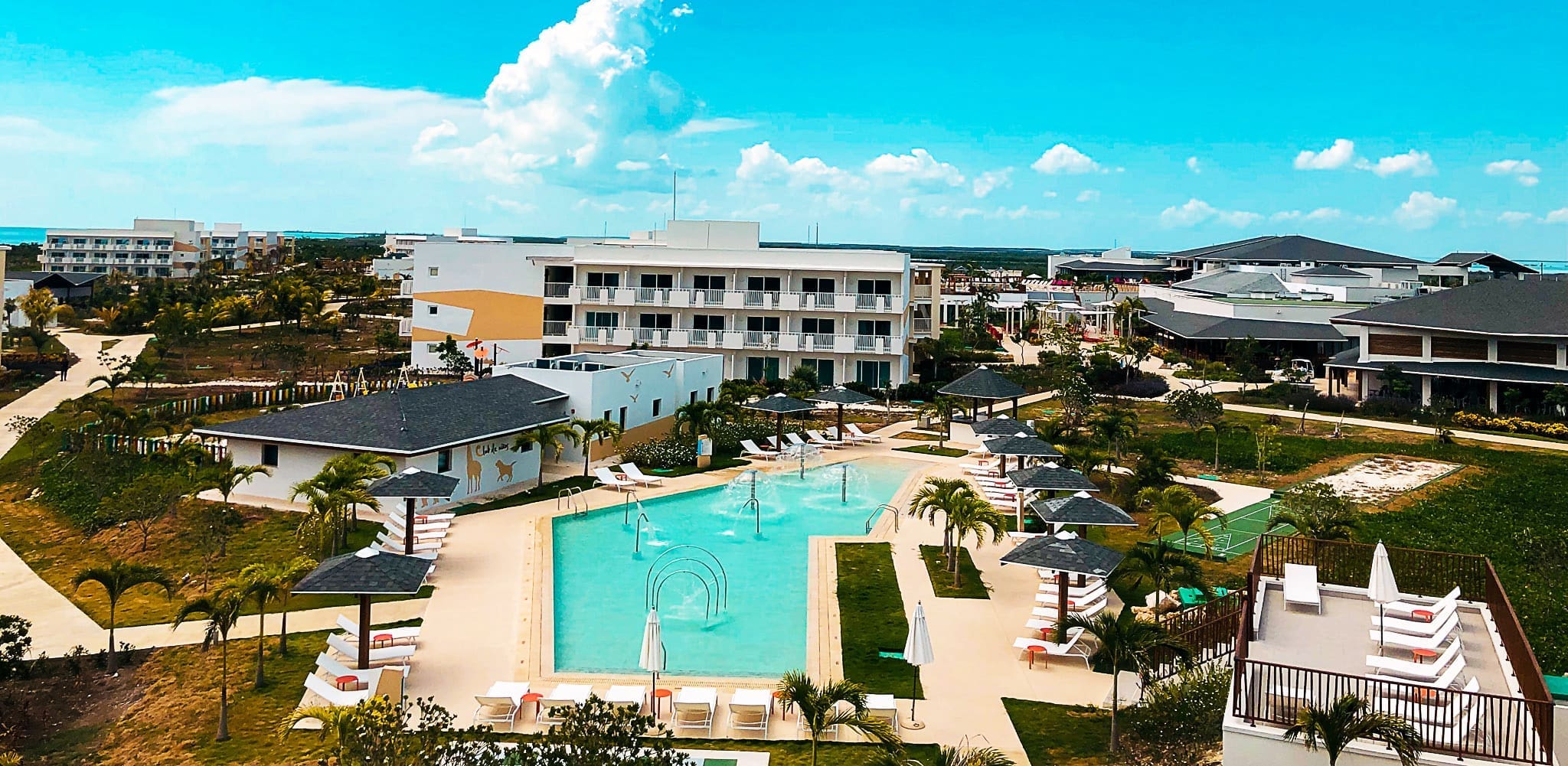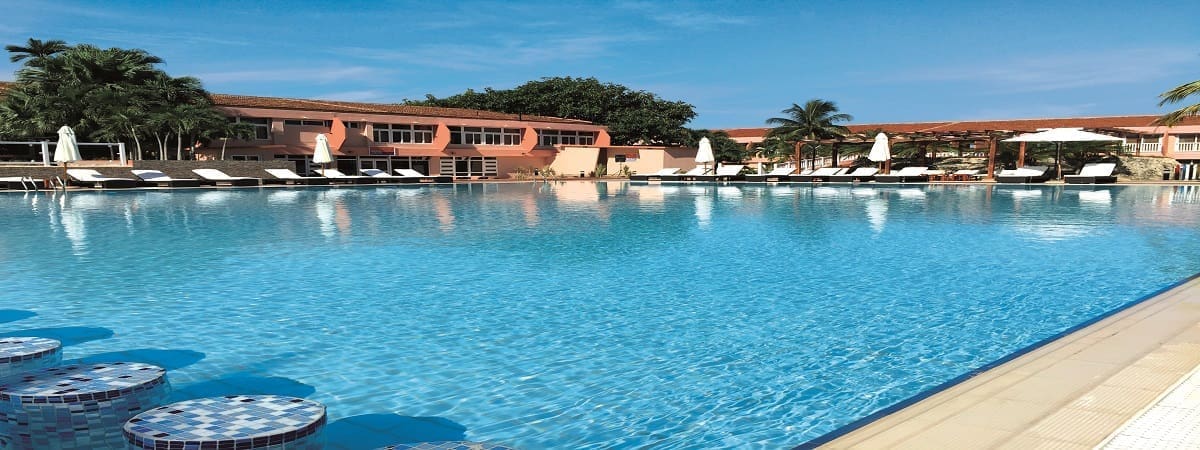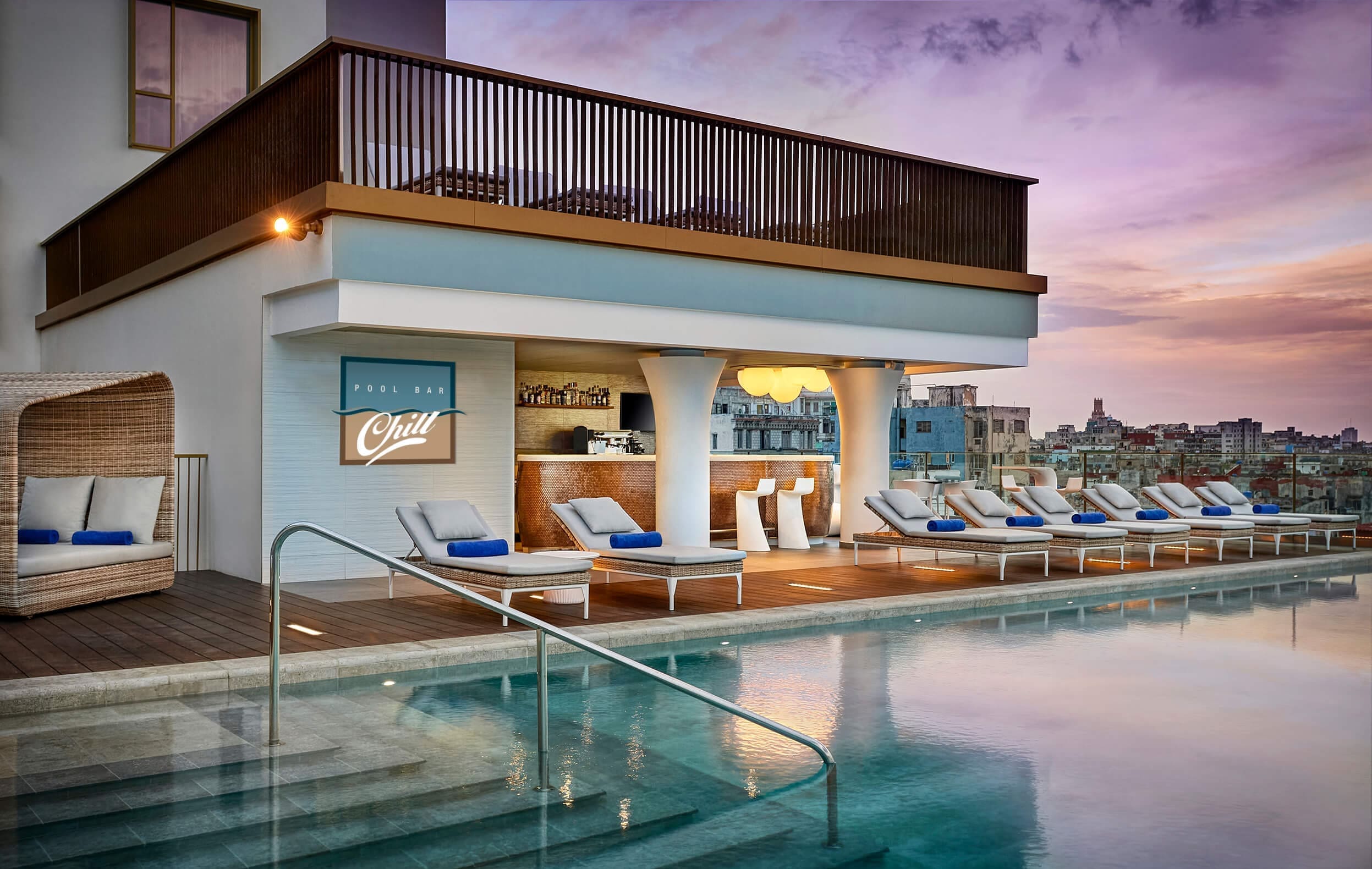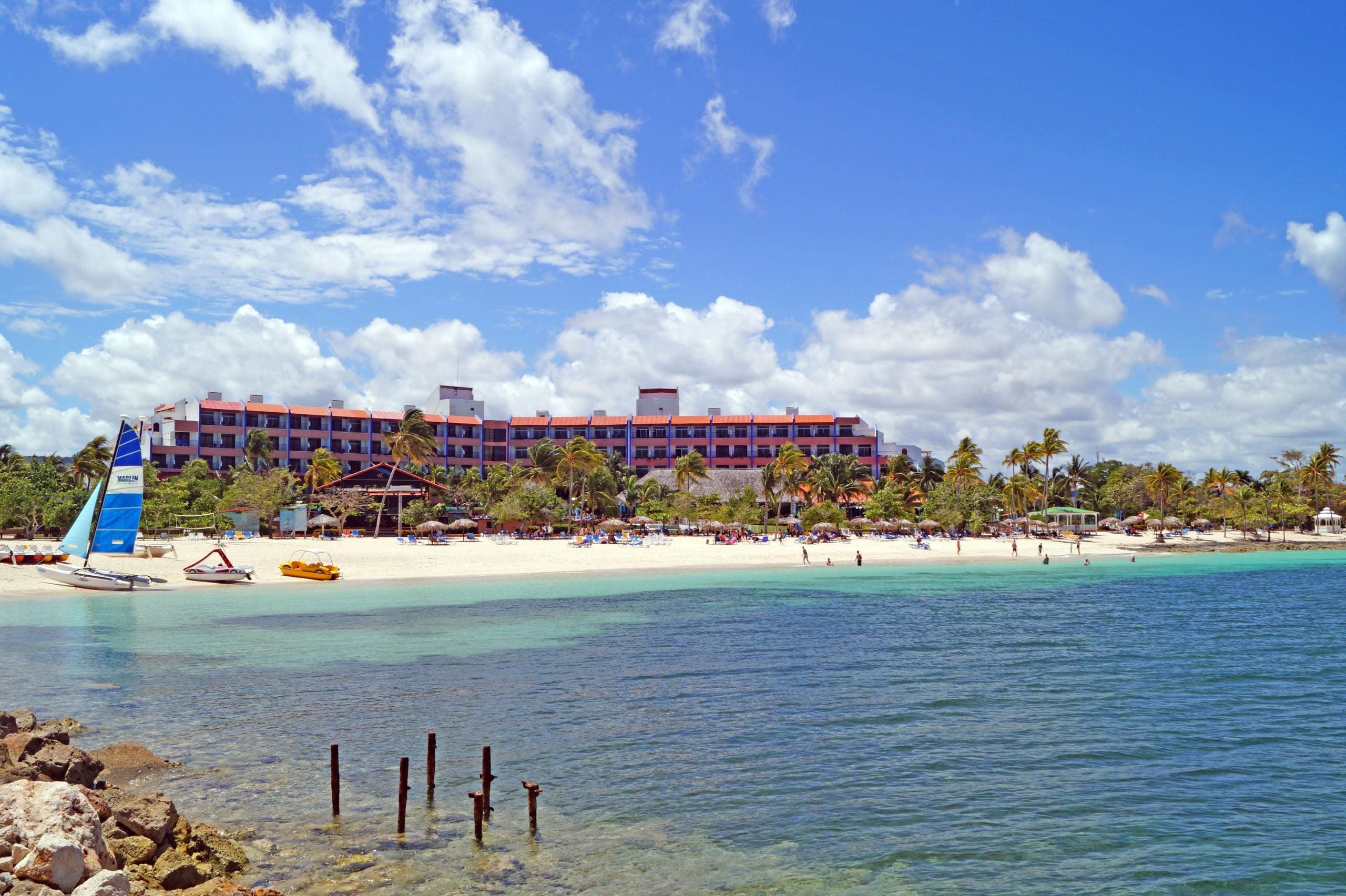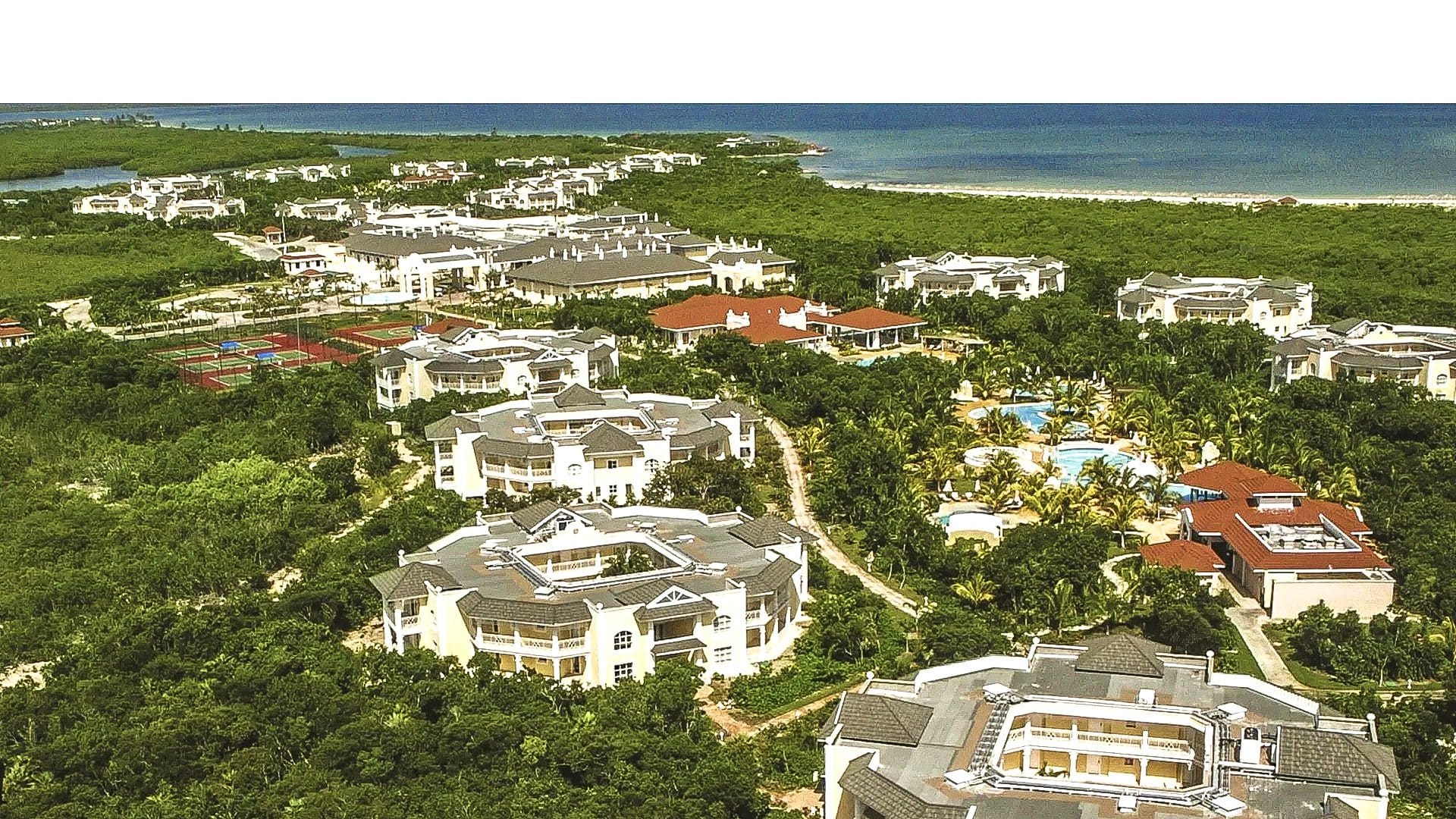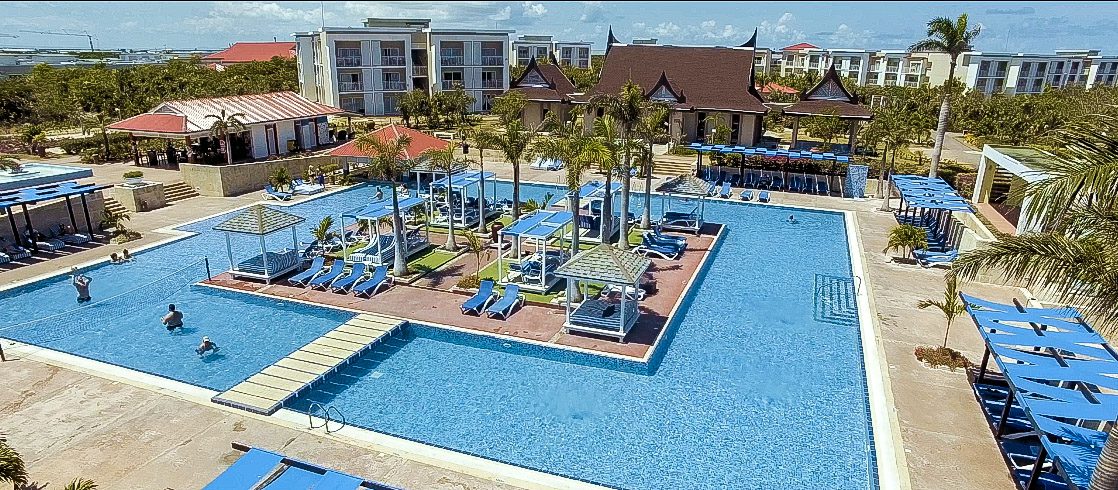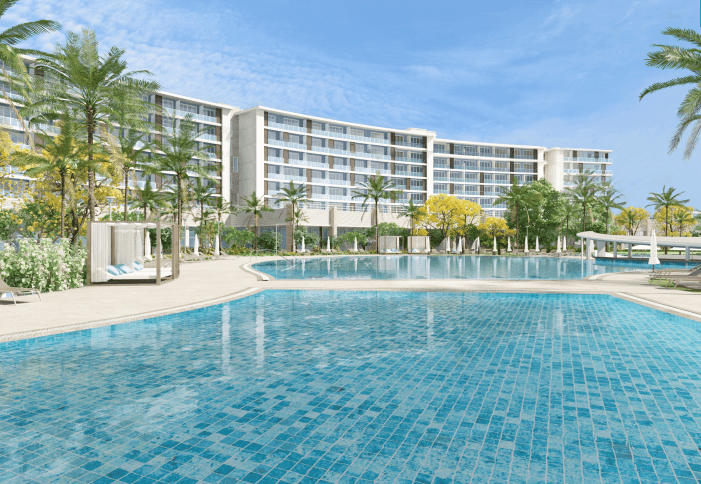THE LIGHTS RADIATING FROM FARO LUNA IN CIENFUEGOS
The Faro Luna International Diving Centre, which operates under Marina Marlin Cienfuegos, is one of the key factors why the Pearl of the South is a favorite tourist destination.
Diving, according to Ernesto Manzanares López, director the centre, has been a major success in the south-central part of Cuba for many years, it has remained in steady operation, even during the critical time of the pandemic, and it only stopped when the country closed the international borders.
“The global crisis after the impact of COVID-19 has limited activity and we had to adjust to various protocols to continue. Similarly, it is extremely difficult to get flights, which is why we partnered with the Tour Operator Hola Sun, the Cuba Specialist, to carry out our projects. As divers
we like to be in the water or talking about diving, and in this new working relationship with AquaSub we have found that space for exchange, training, and safe cooperation,” said the manager during 2021, when this important Canadian Travel Agency was there promoting diving.
Covering an area of approximately 3.5 nautical miles, visitors can find 40 excellent seabed sites, the farthest just 10 minutes away from the venue. “This is very favorable for us. You enter the sea at 9am; we do the surface interval in our centre and by 1pm, the clients would have already finished and can dedicate the rest of the day to other activities in the city”, assures Manzanares.

The seabed here delivers calm waters, with a horizontal visibility of 25 meters as well as an average temperature of 26ºC all year round. Among the highest standard enclaves are La Corona, El Laberinto, Camaronero III, La Patana, Cable Inglés, Racho Luna and Notre Dame, the latter extremely remarkable due to the beauty of its coral formation.
“We are distinguished by being a very small area, but very rich in views, in which all the modalities of this sport can be practiced (deep diving, current diving, sunken ships, vertical wall, tunnels, canals). In addition, we have developed trail schemes where there is room for both experienced and beginner clients,” Manzanares stated.

The Centre is also cataloged as a Training Centre where all categories are taught, with internationally certified courses that allow them to train individuals up to the expert level. “Of the two that exist in Cuba, Faro Luna stands out for the training of masters, instructors, etc. To this we must add our link to the Cuban scientific community, especially with the Caribbean Regional Observatory (ORC) for the study of ocean acidification, from projects that work with the International Atomic Energy Agency and the International Fund for the Development of the United Nations,” he emphasized.
This plausible procedure is also integrated by a large part of the clients as coral observers, in programs developed jointly with the University of Havana for the collection of samples and data from the sea floor.
